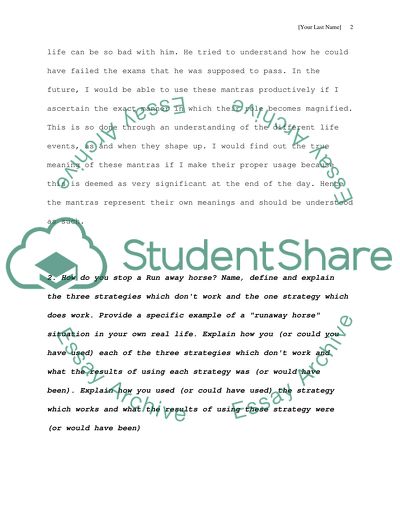Cite this document
(“Essay questions Example | Topics and Well Written Essays - 1250 words - 2”, n.d.)
Retrieved from https://studentshare.org/environmental-studies/1419961-essay-questions
Retrieved from https://studentshare.org/environmental-studies/1419961-essay-questions
(Essay Questions Example | Topics and Well Written Essays - 1250 Words - 2)
https://studentshare.org/environmental-studies/1419961-essay-questions.
https://studentshare.org/environmental-studies/1419961-essay-questions.
“Essay Questions Example | Topics and Well Written Essays - 1250 Words - 2”, n.d. https://studentshare.org/environmental-studies/1419961-essay-questions.


